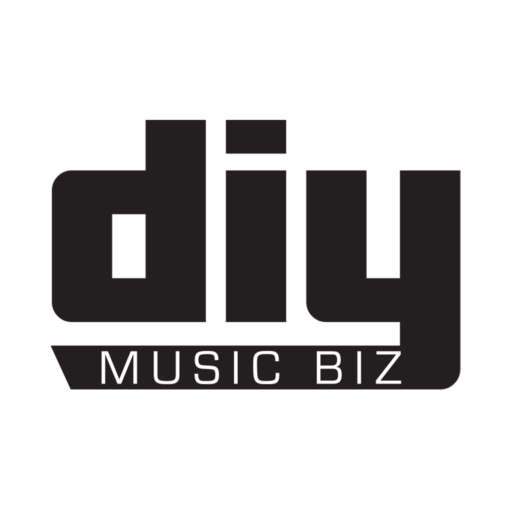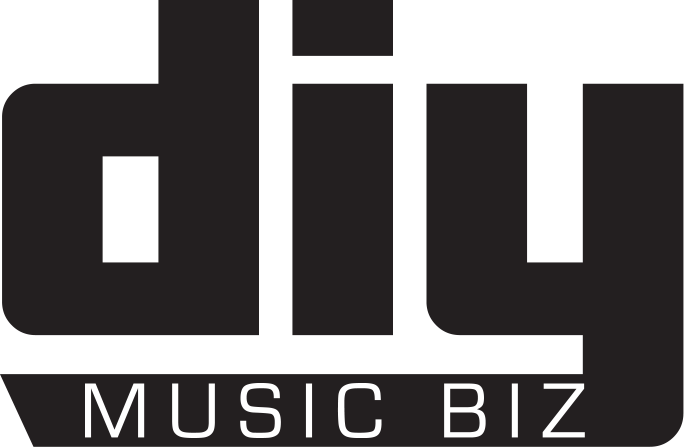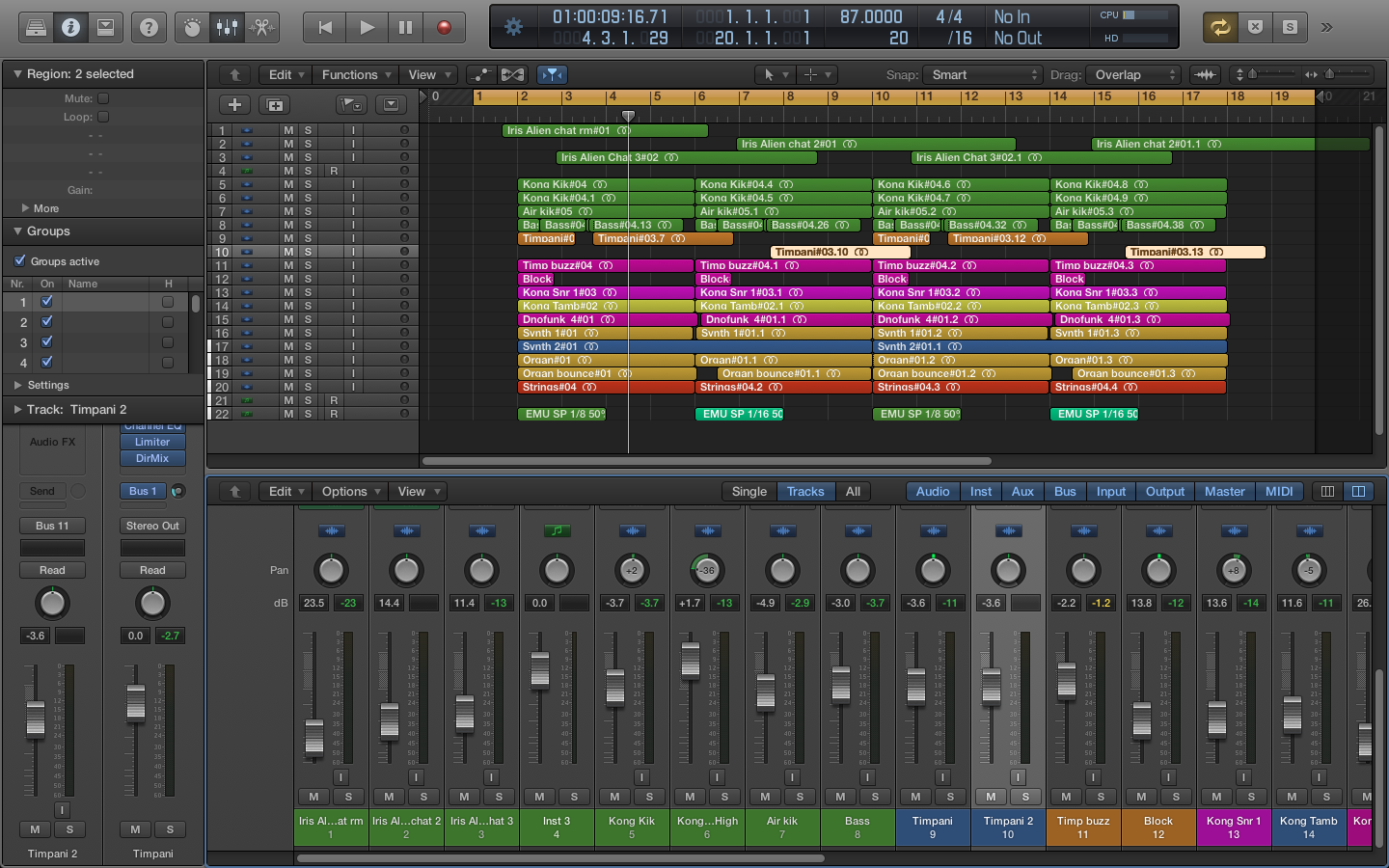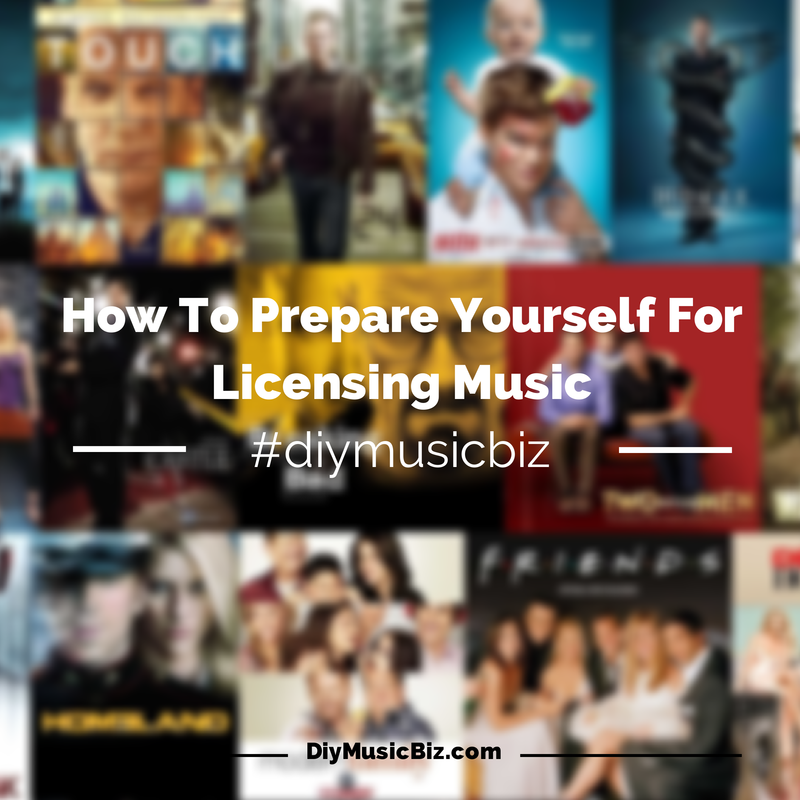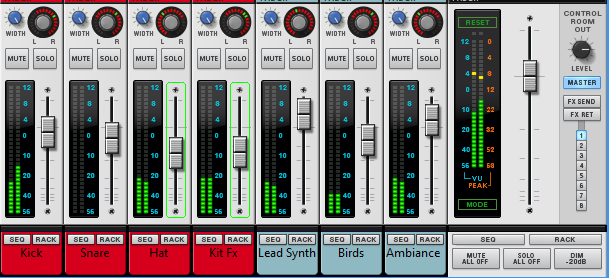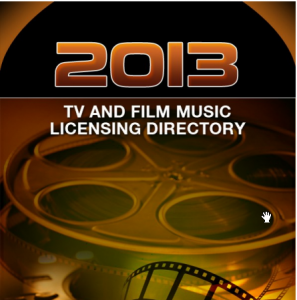 So it’s been a little over a month since I started the 90 Day Music Licensing Challenge (1 month 3 days to be exact), and since there have been some interesting things in the works.
So it’s been a little over a month since I started the 90 Day Music Licensing Challenge (1 month 3 days to be exact), and since there have been some interesting things in the works.
In Aaron’s course, he gives you a lot of how to(s), scripts, and insight which are very useful especially to someone new to music licensing.
Over the last month, I’ve done nothing but use Aaron’s scripts (as the basis for my own) and leads. Some of these leads require a demo to be sent either Mp3/upload or physical CD.
Quick Suggestion – If you were linked to this page, start from the beginning and go through to the end of the case study – Start here
I’ve purposely ignored CD submissions because I’d like to send those all out at once rather than sporadically. I’ve also been submitting my demo(s) everywhere (that I see fit) and cueing up tracks to upload into the libraries I’ve been accepted into.
I’ve also request libraries to ‘listen’ to my demo before allowing me to submit to their library. Some libraries don’t require a demo, this isn’t due to lack of quality control, this is simply the way they operate.
I hate spinning my wheels, I like to know if my material is what the company/library needs (quality-wise). I contacted each library and asked if I could send a demo in any way.
To date, there hasn’t been 1 library that has told me “no you can’t send a demo”.
I went out on a limb and emailed those who stated they only accepted CD submissions and asked if I could send mp3s (for demo purposes). Some said “no”, others said “yes”. I’m just really against sending in CDs unless I know for sure that the music is to be added to the library.
1 Month…. 62 songs… Still Not Enough!
If you’ve been following my blog you’d know about the my New Years Resolution of submitting 1000 tracks to music libraries. Well, in the month of January I was able to create 62 songs, if you do the math that’s only 2 tracks a day (not many).
2 x 31 = 62 ….62 x 12 = 744. That’s not too far off from 1000, but still not 1000. There are 7 months that contain 31 days, 1 (February) has 28 and the rest have 30. So by the math given If I stick to 2 tracks a day I won’t reach my goal.
I’m fine with 744 as I have plenty of music in my arsenal to make up the difference with, but I’m going to pretend that I don’t.
In order to pump out 1000 tracks by the end of the year, I’m going to need to create 3 tracks per day (3 x 365 = 1080). That’s going to be 1,064 for me though because I screwed up the month of Jan.
Here’s My Workflow – Creative Process!
Well, the process I use is quite simple. Start off with an 8 bar hook and from the hook I create the: Verse, intro, and breakdown or build up. I’m not working with a vocalist or collaborating with anyone, nor am I trying to create the next big hit, so the track is done whenever I say it’s done.
Keep in mind I’m only giving myself 30 minutes per track, that’s plenty of time to create a hook and subtract instruments/sounds to create the other parts.
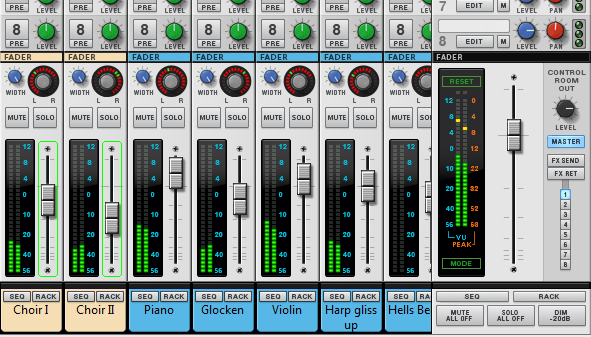
When it comes to mixing the tracks, I just open songs of mine with good mixes, strip the old arrangements and build new ones. This is how I do it, this how I get things done, this is what works for me.
Lastly, I have tons of inspiration around me: TV/Movies, Video Games, Vinyl Records, Ambient noises, random sounds…Inspiration is everywhere!
Early Music Licensing Success?
I can’t really call it ‘success’ yet because the money hasn’t hit the bank account, but they’re great opportunities that I’m taking advantage of.
I basically just followed the course and began submitting my 1 sheet (also known as a resume) along with a short demo to contacts listed in Aaron’s 2013 Licensing Directory. I was contacted by 2 different supervisors asking if I’d be willing to contribute some of my music to a small film project.
Long story short, I jumped on these 2 opportunities! We’ve already gone through most of the paperwork, I’m just waiting on confirmation of deadlines and pay compensation before I get started.
It’s always good to work with music supervisors because they are generally connected with the project at hand and they don’t get paid unless the tracks they represent get placed. So what this means they’re pushing, speaking, and negotiating on my behalf.
So again things are looking great, I’m still plugging away getting a lot done, and meeting a lot of new contacts in this industry.
MAKE SURE YOU START THIS CASE STUDY FROM THE BEGINNING
If you have questions please do not hesitate to ask.
